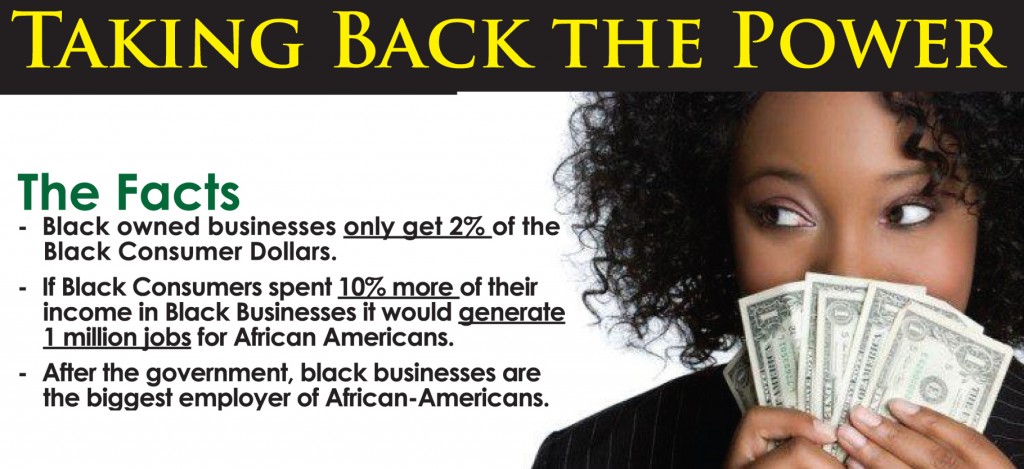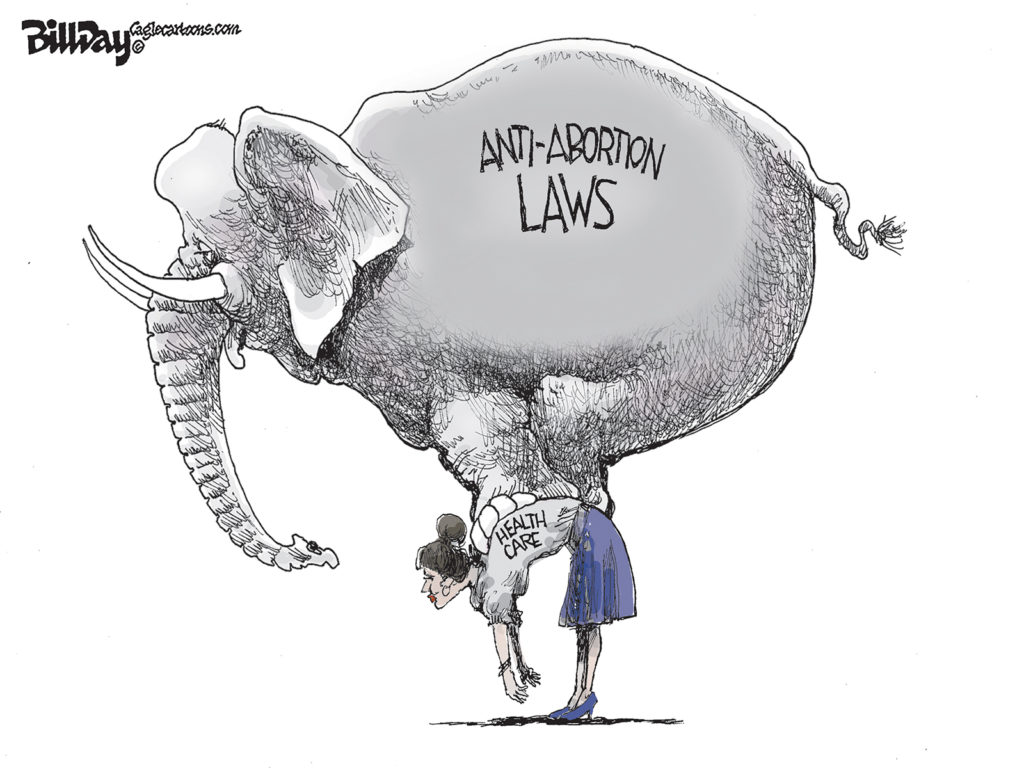If rhetoric could be converted into cash, minority business in Memphis would be booming.
For 25 years, talk has far outstripped action on arguably this community’s great economic development opportunity.
The lack of progress has produced a current of concern in the majority of our community for years, but it flared into the open with the release recently that 88% of funds spent for Shelby County Government contracts went to companies owned by white men – a staggering $168.2 million out of $190.5 million. In addition, 47 companies accounted for 70 percent of the county’s business with 42 per cent of the business going to out-of-county companies.
It was the latest in a string of negative indicators – not too long ago, a report revealed that in a four-year period, none of the $1.16 billion in private sector commercial construction projects was spent with African American-owned companies – the bleak reality of county spending had special impact.
Lighting the Fuse
If civic leaders do not understand that the county report is the match that lit a fuse that is burning in this community, they simply are engaged in wishful thinking. There has been a frustration building for years about the lack of progress made on minority business and how it is interwoven with deepening problems like concentrated poverty, living wages, neighborhood decline, mass incarceration, and early childhood interventions.
That no African American in Memphis was surprised by the county track record says volumes about the cynicism born of experience that shadows so much of their daily lives and shapes attitudes about their city and its leaders.
Minority business was a flashpoint in the recent Memphis mayoral debates, and Mayor Jim Strickland in particular used data from the Wharton Administration against the incumbent. The City of Memphis data showed this: $21.5 million in minority business in 2011; $41.8 million in 2012; $40.9 million in 2013, and $33.3 million in 2014.
Mayor Strickland said during mayoral debates that he believed city programs were confusing, conflicting, and could be more effective, an opinion he acted on after his election by not reappointing people in those programs and mounting a process that will produce a new minority business program. In a world where expectations are everything, he’s raised expectations for his administration, and apparently, in acknowledgement of that fact, he today appointed a new head of minority and women-owned business development.
The Bully Pulpit
The pressure to take action was heightened when Darrell Cobbins, CEO of Universal Commercial; Michael Hooks Jr., president of Allworld Project Management, and Ron Redwing, CEO of the Redwing Group, stepped forward last summer to call for action. As Mr. Cobbins said: “We come in peace but we also come in purpose…It’s more than reasonable to participate in the economic activity and prosperity of this community.”
Here’s the thing: it would have been easy for them to go along to get along, and there was risk in showing leadership, but their willingness to shine a spotlight on the need to accelerate momentum is largely responsible for moving minority business from a talking point to an action item on government agendas.
That’s not to say that local government is the primary answer in addressing minority business. After all, the entire budgets of City of Memphis and Shelby County Government total about $1.7 billion. The total gross domestic product of the Memphis region is $66 billion, so the ultimate answer has to involve the private sector.
That said, on this issue, government has the power to set the example, to test new ideas, and to inspire change by the private sector. The Greater Memphis Chamber has said that increasing minority business and decreasing poverty are two of its priorities, but still, it’s local government that at this point sets the pace and drives a stake in the ground to stay that minority business is a critical civic priority.
Simple Math
Here’s why it matters: 38.2% of the businesses in Memphis are owned by African Americans. That compares to 30.9% of the businesses in Atlanta and 11.4% in Nashville. While Atlanta is considered a center of African American-owned businesses (and certainly African American talent), it too grapples with low minority business receipts – an average of about $80,000 annually. However, in Memphis, average receipts are about $51,000 a year.
Where 97 percent of the minority-owned businesses in Memphis have no employees (compared to 87 percent nationally and 94 percent in Atlanta), it’s little wonder that only one percent of total business receipts are from minority businesses and that only 1.5 percent of total employees work for minority business.
The economic opportunities that come from increasing revenues for minority businesses in a city that is 63 percent African American are inescapable. It puts more money into cash registers, it injects new consumer spending that expands the economy and provides more public revenues, and it can increase the size of the middle class.
In other words, more minority businesses and more money spent with them ripple through the economy, reducing poverty, increasing median incomes, decreasing crime, producing more home owners, and increasing tax revenues for local government.
Today, 27 percent of African American households in Memphis earn more than $50,000, compared to 53 per cent for white households. Expanding minority businesses in Memphis directly improves the economic conditions of Memphians, because more than 70 percent of these minority businesses’ employees are African-Americans. In this way, these businesses are a proven path to the middle class for their workers.
Better Performance
The encouraging news is that when minority participation is a priority, it can be increased. Last week, The Commercial Appeal’s Tom Bailey reported that minority participation in the $200 million transformation of the long vacant Sears Tower into a thriving, reactivated Crosstown Concourse exceeded its minority contract target of 25 percent by four percent, reaching 29 percent of construction.
Within City of Memphis, by approaching construction projects differently and unbundling contracts so more minority businesses could compete, Mr. Hooks, head of Allworld Project Management LLC, and architect Tom Marshall, produced a process that resulted in each of the city’s marquee projects exceeding the minority participation goals: 35 percent at The Pyramid; 31 percent at Overton Square parking garage; 49.1 and 44.4 percent for Tiger Lane’s two phases; 56.7 percent for demolition at the Fairgrounds; 40.3 and 32.6 percent for the two phases at Liberty Bowl Memorial Stadium, and 100 percent for the demolition and greening at Lone Star Concrete Company.
If the Memphis and Shelby County region need an exclamation point on the importance of minority business, it’s found in the ranking of 50 largest MSAs. The Memphis region ranks #1 – 22% – in income supports (households receiving food stamps, TANF, or SSI as a percent of all households, 2009-2013 average). Detroit is #2, Nashville is #17, and Atlanta is #25.
Meanwhile, among the 50 largest regions, the Memphis region is #1 in individuals living in poverty as a percent of total population; #6 in income inequality; #44 in per capital income; #13 in the income gap; #42 in the change in gross domestic product per capita.
Here’s the clincher: the Memphis region is dead last – #50 – in social mobility.
Pressure for Change
It’s easy to understand the frustration that led Memphis City Councilman Berlin Boyd to suggest that EDGE (Economic Development Growth Engine) should suspend its program waiving taxes for large companies for three months for lack of a comprehensive plan to increase minority business participation.
Mr. Boyd made a good point when he said women-owned and African American-owned businesses should not be grouped together because it obscures the real numbers for black businesses. For example, although FedExForum proudly announced that it achieved 25% on construction of the arena, the vast majority were women-owned businesses.
In the wake of Shelby County Government’s minority business revelations, Commissioner Steve Basar proposed an approach that unifies City of Memphis, Shelby County, and Shelby County Schools into a single, simpler application process. Shelby County Schools board member Kevin Woods agreed, and as the head of the Workforce Investment Network (WIN) in his day job, his opinion should carry special weight when he points out how a single certification system could streamline the system and open up more opportunities.
In the past, the model for minority business development has too often been generic and monolithic as the result of a “one size fits all” approach. The bureaucratic response has been to create a data base of firms and send them notices about projects. Instead, there is the need for “real” communication with minority companies about the lack of access to capital and resources, lack of access to business networks. lack of access to business growth opportunities, lack of access to technical assistance and advisory resources, lack of access to incentives, lack of access to regulatory relief, and lack of access to waivers from City insurance requirements.
In particular, more effective outreach can be implemented to invite more businesses to do business with local government, but more to the point, there should be outreach to help businesses to handle the certification process, which can be daunting and time-consuming for small businesses. Just as EDGE is trying to simplify the application for PILOTs for large businesses, there should be an emphasis on simplifying the certification process so more minority businesses can apply and obtain contracts with City of Memphis and Shelby County.
Bias for Action
It’s not as if government needs to start from scratch. For example, the City of Memphis Minority Business Development Oversight Commission has been issuing recommendations for years that were noteworthy in their similarity, such as expediting payments, increasing collaboration, requiring grant recipients to confirm commitment to minority business, unbundling contracts, and hiring someone singularly focused on minority business.
As a City Councilman, before he decided to enter the race for mayor, Mr. Strickland asked often why the Oversight Commission’s recommendations weren’t acted on, and now, as mayor, he said his administration has an urgency for action.
It should be self-evident that no city in America has more motivation than Memphis to create a culture of opportunity for all of its citizens. For too long, minority business development has been treated as a “check the box” talking point and the private sector has treated minority business development as the equivalent of corporate social work. Companies that have acted differently attest to the fact that minority business participation is in the economic self-interest of the companies themselves and represents the top priority for regional economic expansion.
It’s a simple fact of life: we cannot succeed in a region where minority businesses remain largely in low-growth and no-growth sectors and rely on personal debt and family financing rather than having access to loans, equity, and other tools available to majority businesses.
Both public and private sectors must make minority business a top priority to create opportunities for African American-owned businesses, because one thing is now obvious: African American businesses are a key to Memphis’ economic future, and if we are to accelerate our economy so we don’t realize the prediction that we’re one of the last to return to pre-Great Recession levels, minority business is the road ahead.
In this way, it’s more than simple morality. It’s also smart business.
***
(This post includes excerpts of a report prepared by this company for City of Memphis last year.)
***
Join us at the Smart City Memphis Facebook page for daily articles, reports, and commentaries relevant to Memphis.




Guessing Memphis GDP figure should be $66 billion, not million.
There is also a role for non-profits and foundations.
Alex, Thanks. Fingers flying too fast.
Floyd: Very true. Particularly considering the proliferation of nonprofits – universities, hospitals, etc. – that are here.
It’s not just that an absurd number of government contracts go to white male firms – they go to the same white male firm’s year after year. The good ole boy Memphis network excludes everyone but themselves.